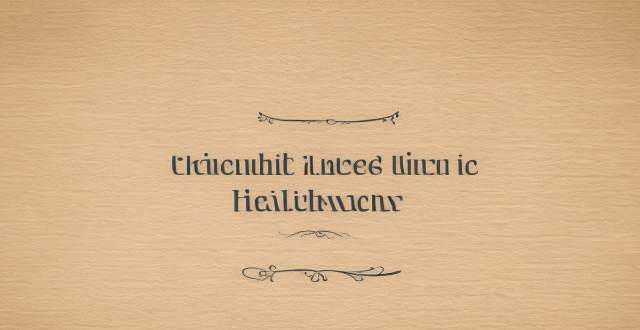Immunization schedules for infants and toddlers are designed to protect them from serious diseases by providing necessary vaccines at the right time. These schedules vary depending on the country and available vaccines, but general guidelines can be followed. Infants should receive vaccines for hepatitis B, DTP, PCV, Hib, poliovirus, and rotavirus at birth, 2 months, 4 months, 6 months, and 12-15 months. Toddlers should receive DTaP, IPV, Hib, PCV, hepatitis A, chickenpox, and influenza vaccines at 18 months and 2 years. It is important to consult with a healthcare provider to determine the appropriate immunization schedule for your child.

Recommended Immunization Schedules for Infants and Toddlers
Immunization schedules are designed to protect infants and toddlers from serious diseases by providing them with the necessary vaccines at the right time. These schedules are developed based on scientific evidence and expert recommendations, and they vary depending on the country and the specific vaccines available. However, there are some general guidelines that can be followed for most countries.
Infants (Birth to 1 Year)
At Birth:
- Hepatitis B vaccine - given within 24 hours of birth to prevent hepatitis B infection.
At 2 Months:
- Diphtheria, Tetanus, and Pertussis (DTP) vaccine - protects against three serious bacterial infections.
- Pneumococcal conjugate vaccine (PCV) - helps prevent pneumococcal infections, including pneumonia, meningitis, and bloodstream infections.
- Haemophilus influenzae type b (Hib) vaccine - protects against Hib, a bacteria that can cause severe infections such as meningitis.
- Poliovirus vaccine - protects against polio, a disabling and life-threatening disease.
- Rotavirus vaccine - protects against rotavirus, a common cause of severe diarrhea in infants and young children.
At 4 Months:
- Second dose of DTP, PCV, Hib, and Poliovirus vaccines - provides continued protection against these diseases.
- Rotavirus vaccine - second dose for continued protection against rotavirus.
At 6 Months:
- Third dose of DTP, PCV, and Hib vaccines - further strengthens immunity against these diseases.
- Third dose of Poliovirus vaccine - completes the primary series for polio protection.
- Inactivated poliovirus vaccine (IPV) - may be given instead of or in addition to oral poliovirus vaccine to provide additional protection.
At 12-15 Months:
- Measles, Mumps, and Rubella (MMR) vaccine - protects against measles, mumps, and rubella, which can cause serious complications.
- Varicella vaccine - protects against chickenpox, a highly contagious disease that can have severe complications.
- Fourth dose of PCV - provides additional protection against pneumococcal infections.
- Second dose of MMR vaccine - may be given to provide additional protection against measles, mumps, and rubella.
Toddlers (1-2 Years)
At 18 Months:
- DTaP (diphtheria, tetanus, and pertussis) vaccine - replaces the DTP vaccine and provides continued protection against these diseases.
- IPV - continues to provide protection against polio.
- Hib vaccine - booster dose for continued protection against Hib infections.
- PCV - booster dose for continued protection against pneumococcal infections.
At 2 Years:
- Hepatitis A vaccine - protects against hepatitis A, a viral infection of the liver that can cause liver failure or chronic liver disease.
- Chickenpox vaccine - second dose for continued protection against chickenpox.
- Influenza vaccine - recommended annually for children over 6 months of age to protect against seasonal flu.
It is important to consult with a healthcare provider to determine the appropriate immunization schedule for your child, as it may vary depending on your location and your child's individual needs.